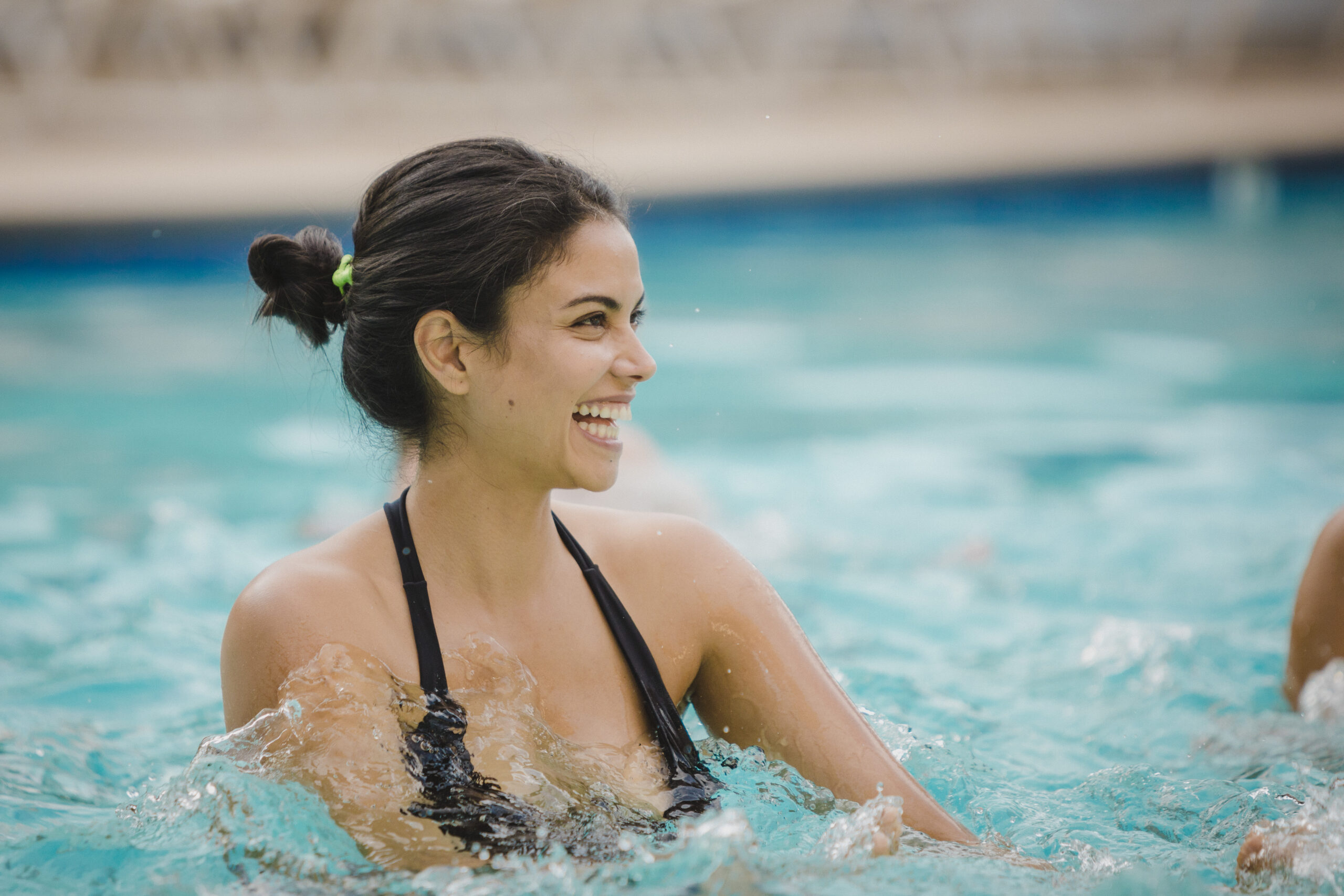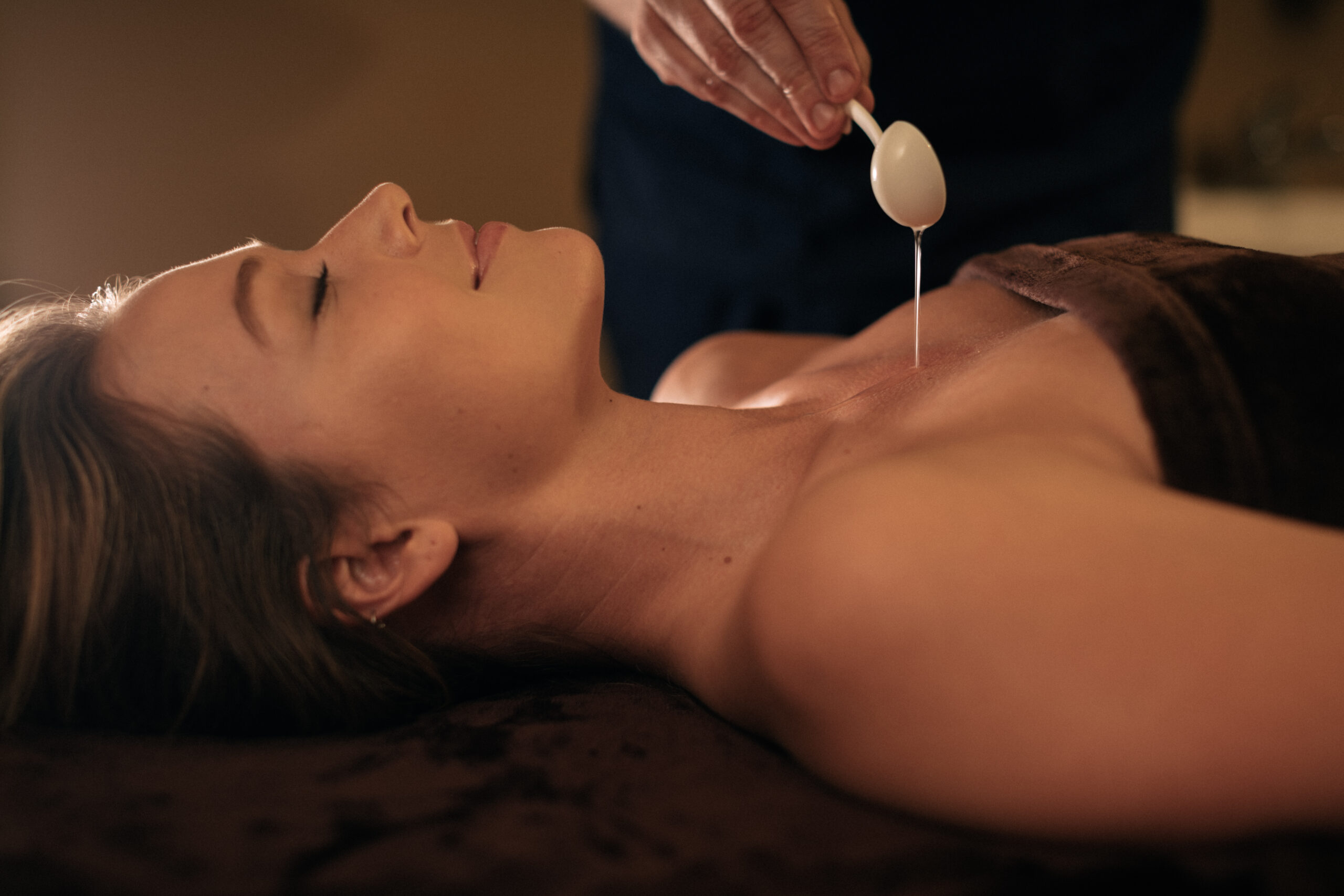Summertime typically means spending a lot of time outside and soaking up all of the sunshine that was missed during the months prior. However, spending a lot, or any time in the sun means exposing your skin to ultraviolet rays that can cause the development of skin cancers and precancers. Sun exposure can also have other negative effects on the skin such as sunburn and premature skin aging like wrinkles, sagging and age spots.
With everyone trying to enjoy the summer sun, we checked in with one of Glen Ivy’s own skin care experts about how to do so safely and the importance of sunscreen. According to Courtney Dunford Morenz, Esthetician Master Trainer at Glen Ivy, the number one thing you can do for the health of your skin is to wear good sunscreen year-round. Applying sunscreen can help protect the skin from all of the negative effects of being in the sun and is a practice that should be part of everyone’s daily routine. All other skin care products can be considered obsolete without sunscreen, even if you’re spending most of your day indoors.
The Glen Ivy skin care experts also shared a few helpful tips about sunscreen, including the important reminder that sunscreen only lasts for about two hours and needs to be reapplied, especially if spending time directly in the sun. Another pro-tip is that no sunscreen offers 100% protection from the sun, no matter how high the SPF count. The SPF, or sun protection factor number listed on sunscreen bottles represents the percentage of protection from the sun. For example, SPF 30 protects skin from 97% of sun rays, while SPF 50 protects you from 98%.
As skin is the largest organ on the human body, it’s crucial to protect it, especially when heading outdoors. Since sunscreen should be used daily, an increasingly important factor to consider when choosing sunscreen is the effect it can have on your body and also the environment. Several sunscreen brands have chemicals in them like Oxybenzone and Octinoxate which have been known to occasionally cause allergic reactions on the skin and have had proven harmful impacts on the environment. Some brands of sunscreen have even been banned in certain places, like Hawaii, to protect habitats and species in the ocean. To keep your skin and environment simultaneously protected, our in-house experts recommend using sunscreens that indicate they are “reef safe” and even considering using clothing that offers UV protection.




